“Would you tell me, if a president commits a secret crime, or a member of the army tortures, how would we know them? What characteristics of a government would remain when it doesn’t have fear of its responsibilities? For which countries, keeping the journalists in jail becomes normal? For the countries that are afraid of their own citizens…”
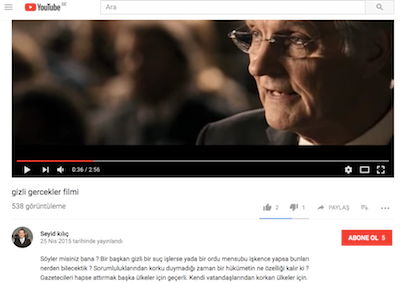
The above quotes were from a movie scene named ‘Nothing But the Truth.’ Seyid Kılıç shared a 3-minute video of that scene on his personal page and commented these sentences.
The movie, released in 2008, tells the story of a journalist named Rachel Armstrong serving in Washington. Armstrong, who revealed a CIA agent in her news, went to jail when she refused to disclose her source. Her lawyer Alan Burside was talking to the Supreme Court of the United States while he was defending her:
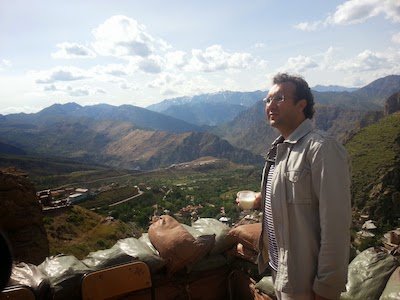
“Years have passed, this power has become irresistible. Mrs. Armstrong could have done what the government wanted. She could break the oath of honesty in a while. She could return home and her family immediately. But if she had done this, no source would ever give her any more information, no source would ever speak to her newspaper again, the same thing would happen to all the newspapers when the other journalists were arrested tomorrow. And these journals would be entirely unimportant. This makes the first amendment totally meaningless.
“Would you tell me, if a president commits a secret crime, or a member of the army tortures, how would we know them? As a country, we would never learn the truth. Only the strong would talk. What characteristics of a government would remain when it doesn’t have fear of its responsibilities? Tonight we must break this mentality. Journalists go to jail for other countries. For which countries, keeping the journalists in jail becomes normal? For the countries that are afraid of their own citizens. Not for the countries that love and protect them. A while ago, I began to feel pressure from Rachel Armstrong personally. I told her that I represent her here, not a principal. But after I got to know her, I realized that there was no difference between the principles of the great people and themselves.”
Here, Seyid Kılıç shared this scene and added these sentences. He also shared this message on his personal blog page.
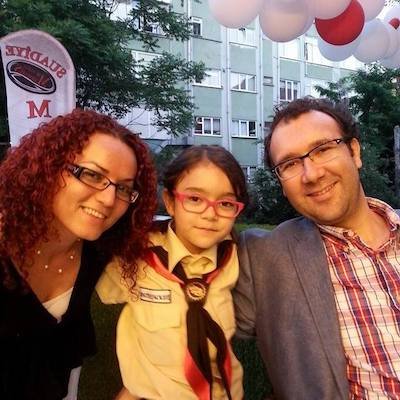
He was one of the victims of the witch hunt launched after the July 15, 2016 military coup attempt. He was dismissed from TRT on July 22, 2016 solely because he worked in Samanyolu TV, known for its proximity to the Gülen movement in the past, without showing any reason. His house was raided by police at 04:30 on July 25, 2016. Police officers from the Homicide Bureau left no stone unturned including underclothes at the house. No criminal element was found, but Seyit Kılıç was taken into custody. On July 29, 2016, he was arrested by a court on charge of membership of a terrorist organization with 2 questions of the judge and sent to Silivri Prison.
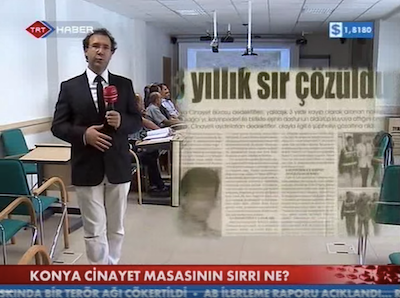
The indictment was released at the beginning of March 2017, seven months later. Seyid Kılıç was listed as the 25th defendant in the indictment prepared against 26 journalists detained and 2 fugitive, altogether 29 journalists. In his indictment the writings on his blogspot page titled ‘Seyit Kılıç Note of News’ was marked as evidence. One of them carries the title of “Kimse Yok Mu’s Peace Island” dated September 28, 2014. Here, Kimse Yok Mu (Isn’t there anybody) is a humanitarian aid and charity organisation affiliated with the Gülen movement. Seyid Kılıç was explaining a charity organisation of Kimse Yok Mu along with a group of journalists.
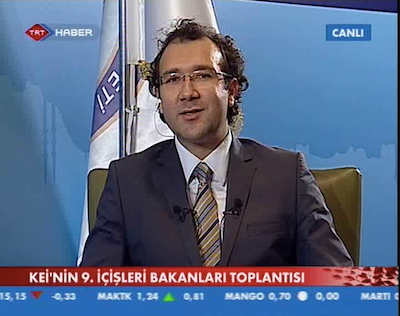
Another ‘proof’ is that he deposited 31,384 lira (approximately 8,000 USD) in Bank Asya, which the government tried to seize due to its affiliation with the Gülen Movement, as of September 2014. There is no other evidence.
Seyid Kılıç, 8 months after his arrest, could appeared before the judge for the first time, on March 27, 2017. In his defense, rejecting the accusations about him, “Although we were not accused of plotting coup, we were welcomed with ‘putschist journalists’ in prison. It happens like this because it happened after July 15. I can not help but think that everything is happening according to a plan. I feel like I’m in a thriller that’s embellished with comedy elements, in fact, it’s a sequel…” Stating that he is using the Bank Asya account for salary, Kılıç emphasized that he did not use social media accounts for any perception operations.
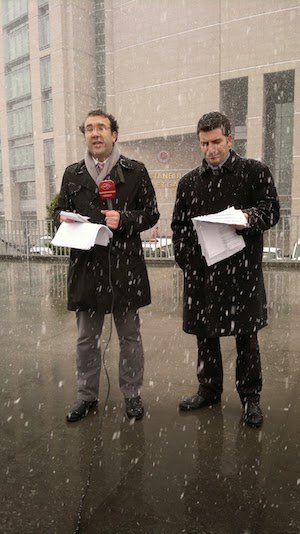
At the end of the five-day trial, an eviction decision was given for 21 journalists out of 25 detained journalists on trial. One of them was Kılıç. But as a result of lynching in the social media and the direct intervention of the government to the judiciary, these 21 journalists were not released.
For 13 of them, the trial prosecutor, Göksel Turan, demanded evacuation. However, the judge İbrahim Lorasdağı added 8 more journalists to this number and released 21 people. With the announcement of the decision, a lynching campaign was launched in the social media. Pro-government journalists appealed against the releases and called the ruling party not to release these names. Urging the Ministry of Justice to take over, these pro-government journalists have begun to threaten in social media.
The news that the Ministry of Justice stepped in before the evacuations, fell into the social media. The court committee, which was affected by the repression, was unable to release any of the 21 journalists from prison. The prosecutor objected to the court’s decision for eight journalists he did not demand release. The 26th High Criminal Court accepted the appeal of the prosecutor and overturned the release decision on the 8 names and ruled the continuation of their detention.
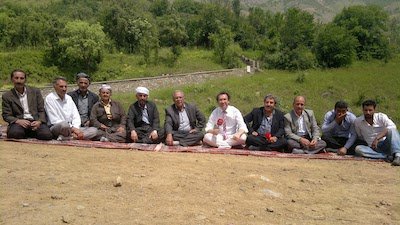
Later, the Supreme Council of Judges and Prosecutors (HSYK) laid off the court delegation from their profession, which decided to release 21 journalists. İstanbul 25th High Criminal Court’s presiding judge İbrahim Lorasdağı, members Barış Cömert and Necla Yeşilyurt Gülbiçim and the hearing prosecutor Göksel Turan were temporarily suspended.
The second trial of journalists, including Seyid Kılıç, was held on April 27, 2017. Here too, the continuation of the detention was ruled. On July 7, 2017, the journalist who appeared before judge for the third time was given a decision to continue his detention. Finally, on December 4, 2017 in his 5th hearing, Seyid Kılıç was not released again. The 6th hearing will take place on February 6, 2018.
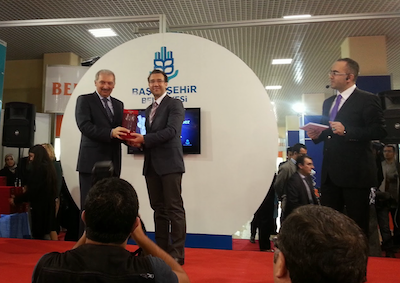
Turkey is the biggest jailer of journalists in the world. The most recent figures documented by the SCF has showed that 242 journalists and media workers are in jails as of January 4, 2018, most in pre-trial detention languishing in notorious Turkish prisons without even a conviction. Of those in Turkish prisons, 215 are arrested pending trial, only 27 journalists remain convicted and serving time in Turkish prisons. An outstanding detention warrants remain for 138 journalists who live in exile or remain at large in Turkey.
Detaining tens of thousands of people over alleged links to the Gülen movement, the government also closed down more than 180 media outlets after the controversial coup attempt.















